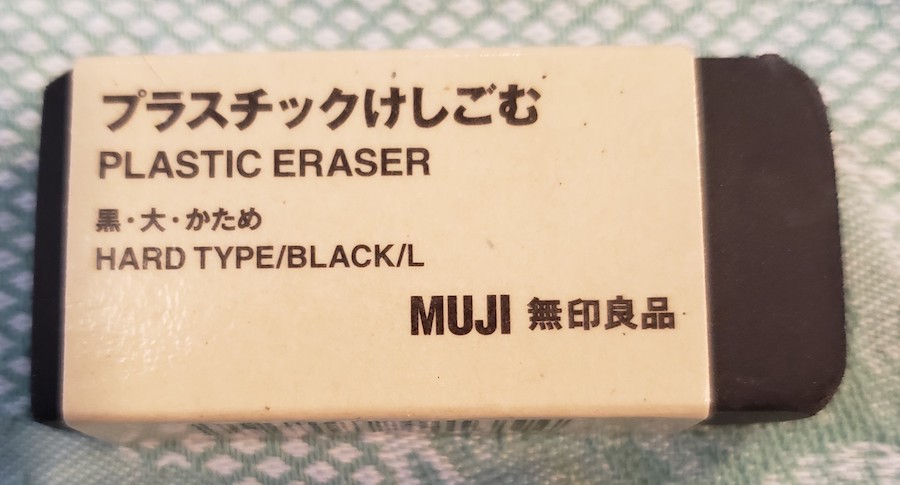Loophole-ridden ‘screenplay’ concocted by anti-China forces
[This is a guest post by Jichang Lulu]
This statement, attributed to the new Taiwan Affairs Office spokeswoman of the PRC, reinforced my impression that Relevant Organs (including exoprop media like the Gobar Times (Huánqiú shǐbào 环球屎报 [Global Shit News], a pun for Huánqiú shíbào 环球时报 [Global Times], for which see "Dung Times" [3/14/18])) often start generating unusually quaint English when they go into full patriot mode.
> This is a totally absurd, loophole-ridden 'screenplay' concocted by anti-China forces…
Read the rest of this entry »



